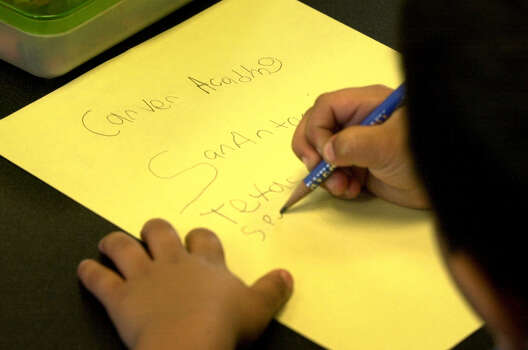Using our hands for tasks such as handwriting and cooking keeps our minds sharp, studies show.
 Have you stopped using your hands? Do your fingers struggle to sign your name? Is chopping an onion with a knife hard work? Must you call someone to fix a cabinet door off the hinges? Is it agony to sew on a button?
Have you stopped using your hands? Do your fingers struggle to sign your name? Is chopping an onion with a knife hard work? Must you call someone to fix a cabinet door off the hinges? Is it agony to sew on a button?
For many, computers and laziness have sapped our manual skills. This is not progress.
In a much-read essay, Maria Konnikova cites several studies revealing what's lost when people replace handwriting with a keyboard. At Indiana University, for example, psychologist Karin James showed preliterate children a letter on an index card and asked them to reproduce it by tracing, drawing on blank paper or typing on a computer.
The children were put under a brain scanner and shown the letter again. Those who had drawn the letter freehand, Konnikova writes, “exhibited increased activity in three areas of the brain that are activated in adults when they read and write.” Those who traced or typed were far less so affected.
James noted that the messiness in writing freehand yielded highly variable results. She believes the variability itself helped the children to learn.
In another study, older students taking notes by hand were found to process and remember information better than those using a keyboard.
The benefits of doing things manually could apply to a lot of things people once used their hands for but now do not much. Very often, the old-fashioned, hand-based activities also do a better job.
A friend tells me of his newfound preference for shaving with traditional instruments, as opposed to a plastic razor ripped out of the wrapping and soon disposed of. First, he must loosen screws on the razor holder. Then he inserts a double-edged blade and tightens the screws. He makes his shaving cream with an old-style shaving soap and applies it with a brush.























